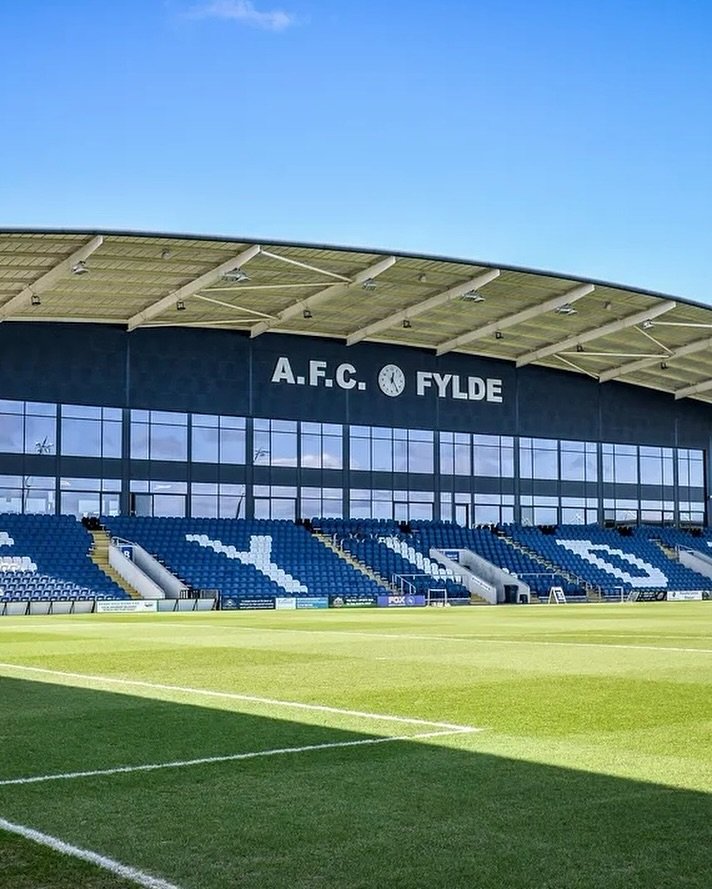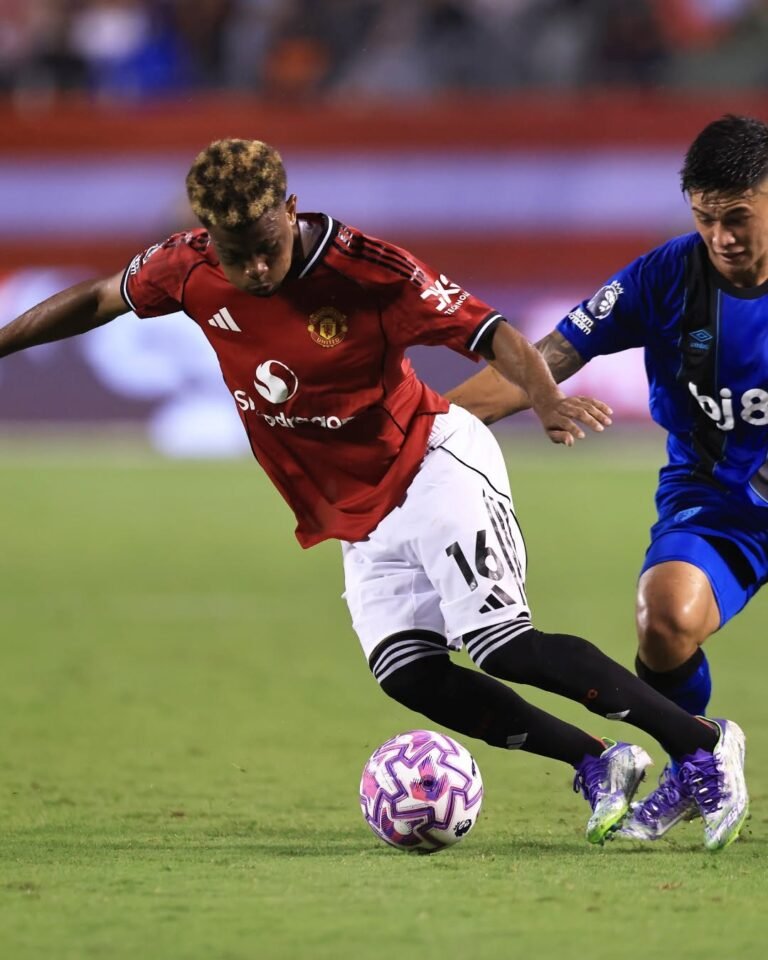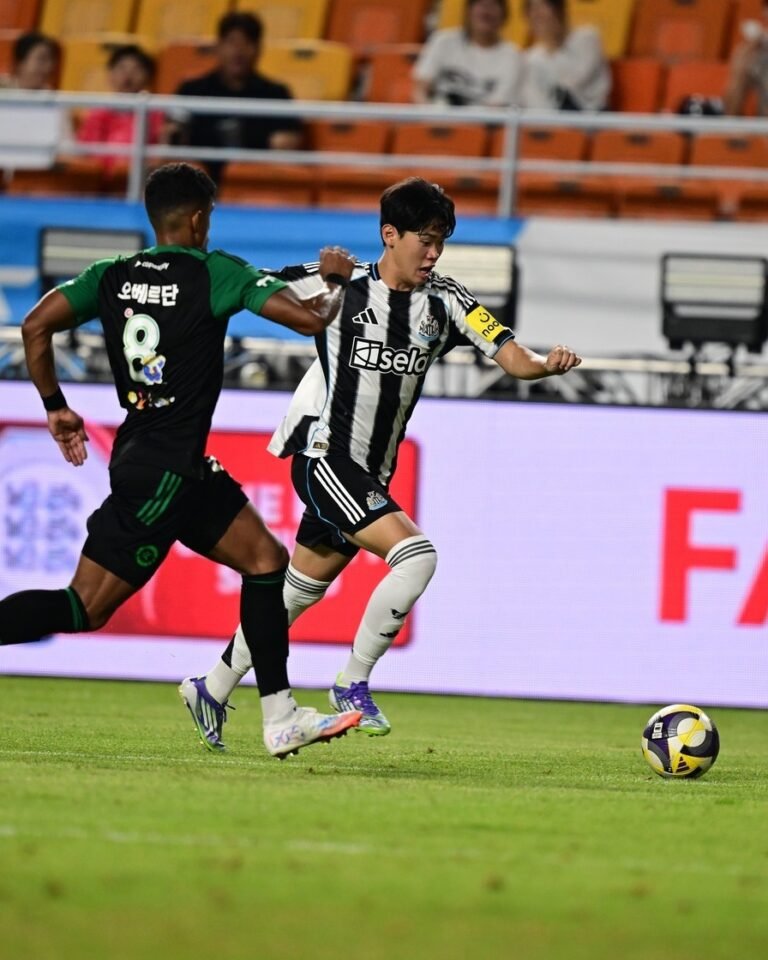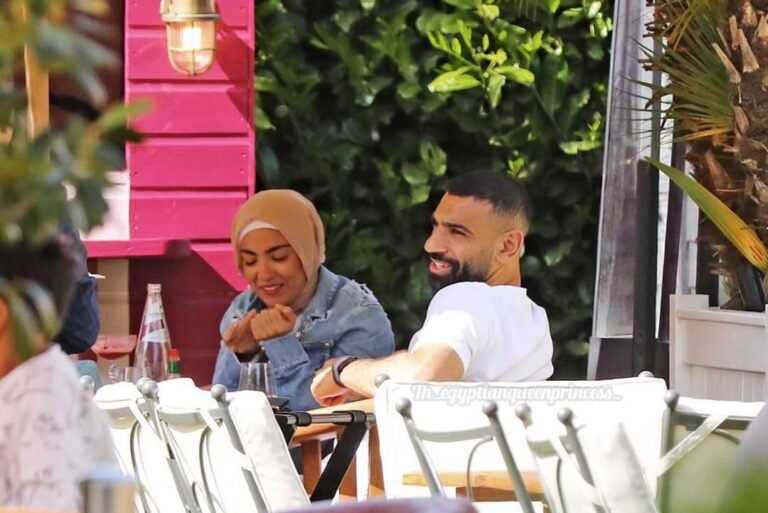
Imagecredit by Instagram @morecambefc
Morecambe FC, affectionately known as “the Shrimps”, has long been a story of perseverance and underdog spirit in English football. Yet as the 2025–26 season approaches, the club faces unprecedented turmoil, both on and off the pitch. Recent developments have thrust Morecambe FC into the spotlight, with fans and commentators across the UK discussing its uncertain future, historic challenges, and the desperate hope for revival.
Financial Turmoil Peaks
In July 2025, Morecambe FC was suspended from the National League with immediate effect due to ongoing financial difficulties. The National League’s compliance and licensing committee, after repeated reviews, expressed deep concerns about the club’s ability to meet obligations for the upcoming season. Morecambe’s membership has been revoked for now, pending another crucial meeting later in August which will determine whether they can continue to compete in the league.
This decision follows months of speculation and failed reassurances from owners and prospective buyers. The league’s statement made clear that despite prior warnings, the club could not provide adequate proof of funding or a concrete plan to guarantee the season’s fixtures. As a result, Morecambe will also be barred from participating in the National League Cup for 2025–26 and remain subject to a transfer embargo.
A Tumultuous Ownership Saga
At the heart of this crisis lies a protracted and unstable ownership situation. Bond Group Investments, the club’s current owner, has for months been seeking to sell. In late June, the club announced a sale agreement with Panjab Warriors, reportedly green-lit by the EFL. Yet, as July neared its end, the transfer of shares had not taken place. This administrative limbo has contributed to the current chaos and the club’s inability to conduct normal business, including confirming budgets and player contracts.
The local fanbase has been left frustrated, rallying for transparency and resolution. Meanwhile, the National League emphasised it could not allow Morecambe to participate without full compliance and security, prioritising the integrity of the competition and the well-being of its member clubs.
From EFL Relegation to National League Uncertainty
Just over a year ago, Morecambe’s challenges were largely limited to relegation from League Two after an admirable 18 years in the English Football League. The drop was a blow but not uncommon in the ever-competitive lower tiers of English football. However, what followed—administrative uncertainty, halted takeovers, and financial disarray—has threatened Morecambe’s very existence as a professional club.
The fans had hoped relegation would provide a chance to regroup and rebuild. Instead, the focus has shifted to mere survival, both organisationally and financially.
On the Pitch: A Season Overshadowed
The events off the field have inevitably affected the football itself. Morecambe’s 2024–25 campaign was marked by instability, as the squad tried to perform amid swirling rumours and delays over payments and transfers. The team, under the shadow of embargo, struggled to attract and retain key players, with several senior members moving on or retiring over the summer. The disruptions culminated in a patchwork pre-season where even scheduled friendlies were cancelled, compounding preparation woes.
Despite some spirited performances—memorable draws and narrow defeats that showcased tenacity—consistency was elusive. The Shrimps finished the 2024–25 season at the lower end of the League Two table, confirming their relegation and further financial pressures due to reduced television and matchday revenues.
Transfers and Squad Changes
The summer 2025 transfer window saw minimal movement due to the club’s embargo. A handful of players returned from loan, and free-agent signings included Ryan Schofield and David Tutonda. However, with the ongoing embargo and financial insecurity, most new arrivals have been on short-term deals, while long-serving squad members like Hallam Hope and George Ray departed. The club’s management, emphasizing the importance of youth and local engagement, attempted to bolster the squad with academy talent and local signings, albeit under severe restrictions.
Supporters and Community: Rallying in Adversity
The Morecambe fanbase has responded to adversity with unity and resilience. Local supporters’ groups have campaigned tirelessly for greater transparency and accountability, pressurising owners, potential buyers, and league authorities to safeguard the club’s future. The club’s community trust programmes have continued despite the off-field turmoil, providing valuable outreach in schools and local sports. These efforts have kept the Shrimps central to the identity of Morecambe as a town, regardless of the woes facing its senior team.
What Happens Next?
Much now hinges on the National League’s next committee meeting in late August. The club, ownership, and supporters must satisfy the league’s demands to avoid a total expulsion from the competition. The fate of hundreds of local jobs and the survival of an institution that has served the seaside town for over a century are on the line.
If Morecambe can resolve their issues, the path will still be steep. Restoration of trust, financial discipline, and patient rebuilding will all be needed. If not, the risk looms of dropping out of the National League system entirely—a fate that threatens their existence as a professional football club.
Conclusion
Morecambe FC stands at a crossroads. The story of the Shrimps has long inspired outsiders—a club that achieved far more than its size or budget might predict. Now, beset by crisis, the next chapter will require determination not just from those on the pitch but also from everyone who cares about football in Lancashire and beyond. The UK sporting public waits anxiously, hopeful that Morecambe FC’s name will not soon be consigned to the history books but will survive to fight another day.
To read more click here





